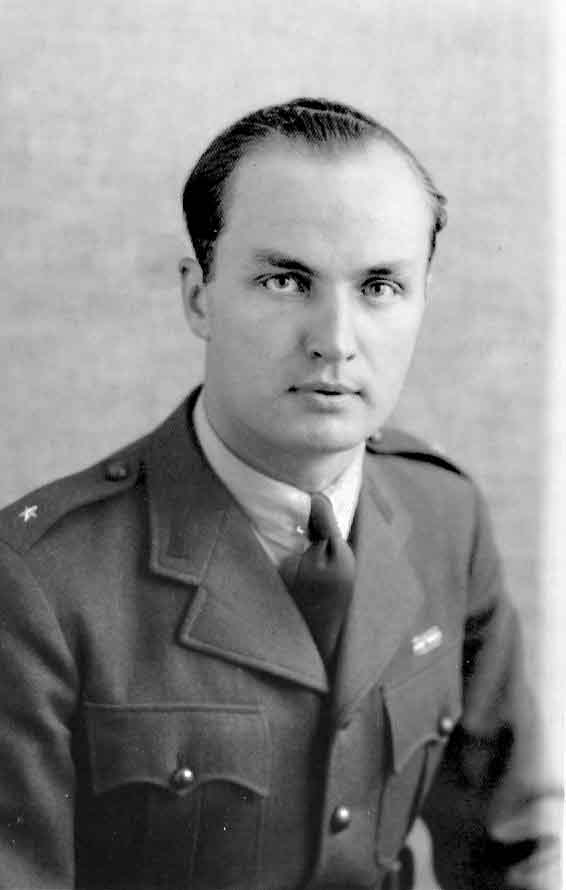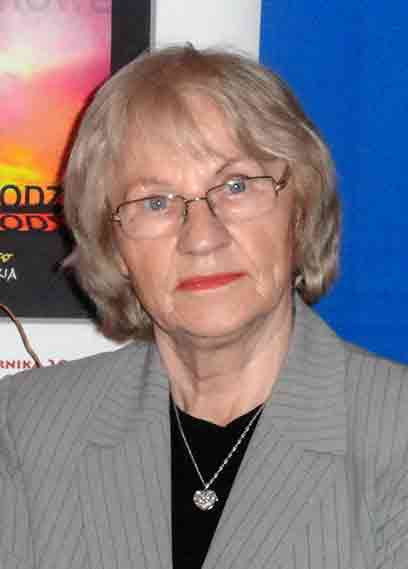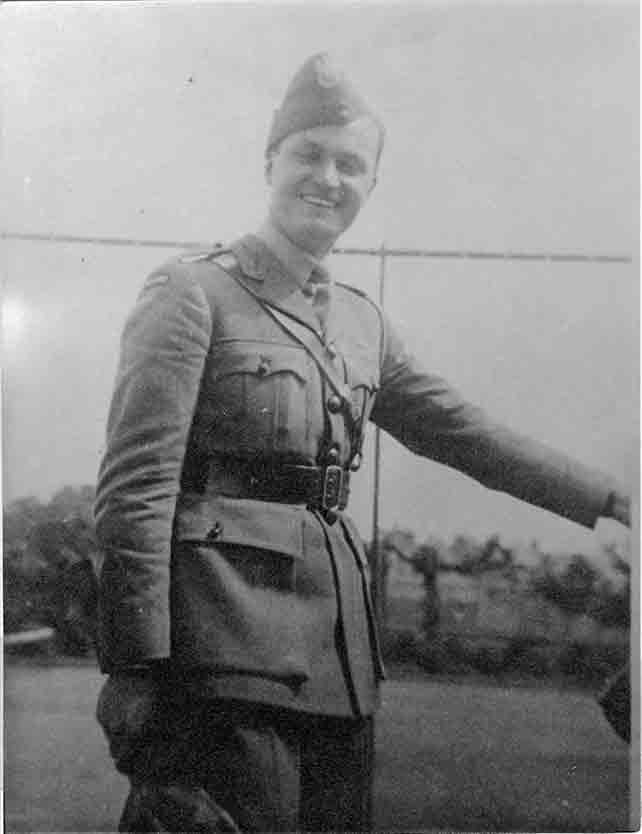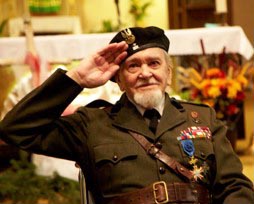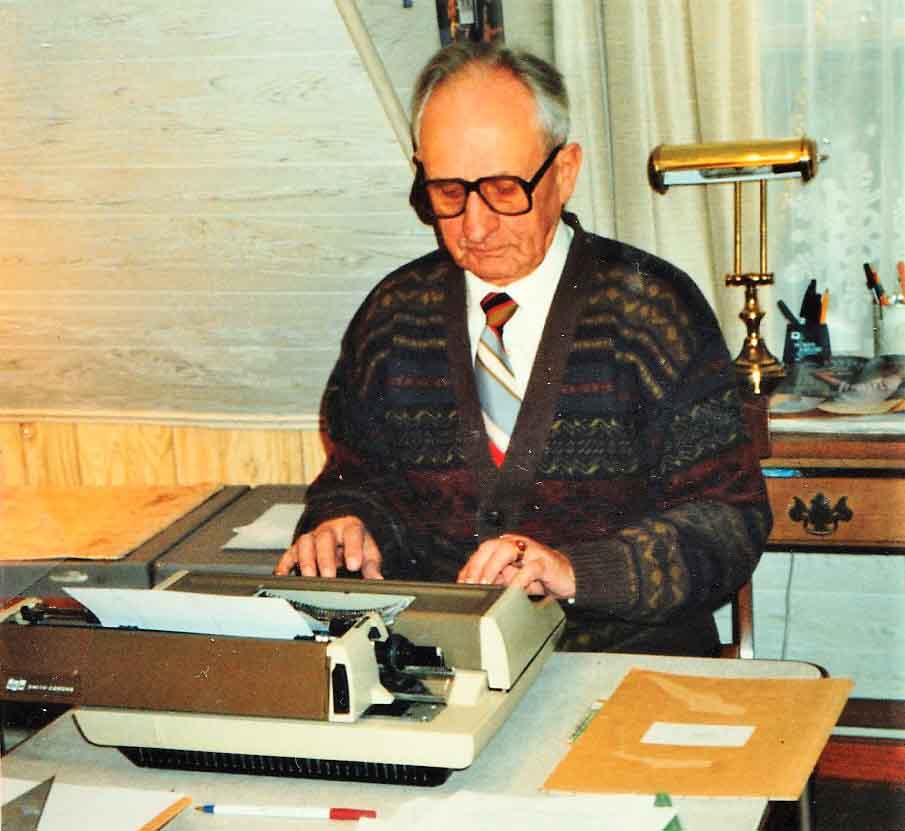Today they are veterans, that’s all they've got left. That September, they were young men even teenagers. Today, Kuryer Polski tries to recreate their unexpectedly tragic days. In the memoirs of veterans and Polish community activists in Milwaukee, they are preserved in the pages of the books of which they are heroes.
A professor of history, specialist in the field of Eastern policy concerning the United States with the Soviet Union, one of the advisers to President J. Carter, M. Kamil Dziewanowski, took part in the September campaign as a cavalry officer. He told me about that September during our meetings at his home near the UWM university where he worked.
Lieutenant M. Kamil Dziewanowski, a graduate of the cadet school in Grudziądz, appeared in his regiment in Suwałki several days before September 1. He was assigned as a commander of the 3rd platoon in the 3rd squadron. The regiment underwent increasingly severe training. Field uniforms, weapons and live ammunition were assembled, forage caps were replaced with helmets, but no one seriously thought that the war would really come. The officers slept with their platoons in the barracks, but the beautiful weather seemed to put the reservists to sleep. The first alarm that woke everyone from sleep occurred on the night of August 23/24. Then they found out that Ribbentrop was in Moscow and had signed some pact with Stalin. The consequence of this event for Kamil's unit was a specific assignment of the task. It was supposed to cover the mobilization of the regiment. The squadron platoons received additional equipment: heavy machine guns and anti-tank guns. At dawn, they set off for the border with East Prussia, in the area of the village of Studzianka. Their task was to guard the main roads to Suwałki and to observe. Since there were no suspicious signs of concern at the border, they posted guards and waited.
The next day, they received additional weapons; one armor-piercing gun per platoon. For the next few days nothing happened and, reassured again, they thought that there would be no war, because who would want to start it when the world is so beautiful. On August 30, the 3rd squadron was directed to the village of Huta, two and a half kilometers West of Suwałki, on the road to Sejny. On September 1, after waking up, they went to water the horses. The soldiers sang the song "Around my garden" ... others argued that Hitler only wanted to scare them, and if he did, England, France, and probably America would be behind us (Poland), and what would he do then ...? Suddenly, the chatting was interrupted by an incoming plane, which slashed with a machine gun on the lake's mirror and the basking horses. At the same time, a messenger from the squadron commander appeared, shouting: “Alarm! Germany has crossed the borders! War! War!". Started. The faith of people such as Lieutenant Dziewanowski in an illusion had to give way to a tragic reality.
Years later, Professor Dziewanowski illustrates the mood of those days with a poem by Władysław Broniewski from the volume "Bania z poezją”:
The Germans were coming...
The Germans were coming from everywhere.
Possessive, armed, menacing, evil.
From Pomerania, Silesia, Great Prussia,
The armored vehicle followed by another.
The Germans were walking. Motor, tank track,
Armored old Teutonic power.
On all sides at once, all German.
And we...? Infantry and cavalry...



